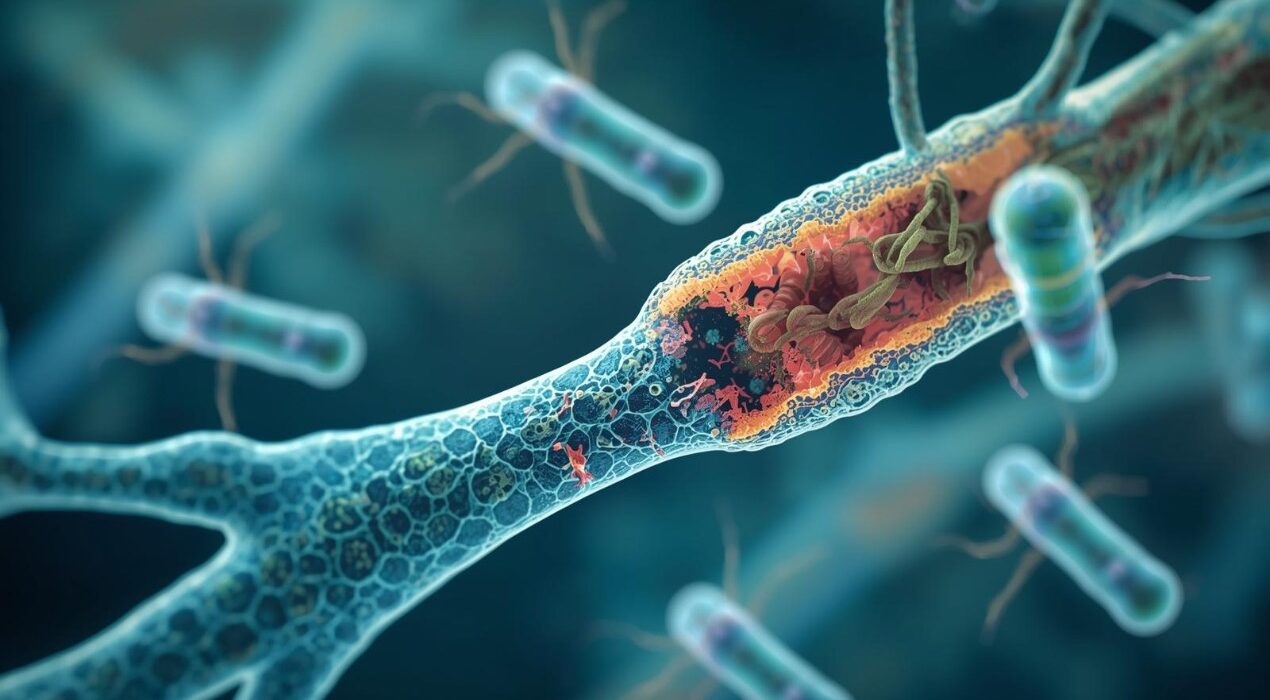After decades of uncertainty, scientists have finally identified bacterial strains that may trigger multiple sclerosis (MS), a discovery that could transform the fight against this chronic neurological condition. MS occurs when the immune system mistakenly attacks the protective myelin sheath surrounding nerves, leading to impaired communication between the brain and the body. Until now, the root cause has remained elusive.
The new research points to specific bacteria that appear to activate harmful immune responses, ultimately causing nerve damage. By uncovering this connection, researchers believe they are one step closer to developing therapies that address the underlying cause of MS, not just its symptoms.
Identifying these bacteria is only the beginning. Scientists are now investigating ways to neutralize or alter these microbes, aiming to prevent the immune system from mistakenly targeting the nervous system. If successful, such approaches could offer new treatment pathways and even preventive strategies for those at risk.
The breakthrough also highlights the critical role of the human microbiome, the vast community of microbes living in the body. Growing evidence shows that gut bacteria play a major role in autoimmune conditions, making microbiome research one of the most promising areas in modern medicine.
For people living with MS, this finding brings renewed hope. Experts stress that factors such as diet, lifestyle, and gut health may significantly influence disease risk and progression.
By linking bacteria to MS for the first time, this discovery represents a historic milestone in neurology and immunology, offering fresh opportunities to improve diagnosis, treatment, and prevention for millions worldwide.
Scientists Identify Bacteria Linked to Multiple Sclerosis, Paving Way for Breakthrough Treatments






